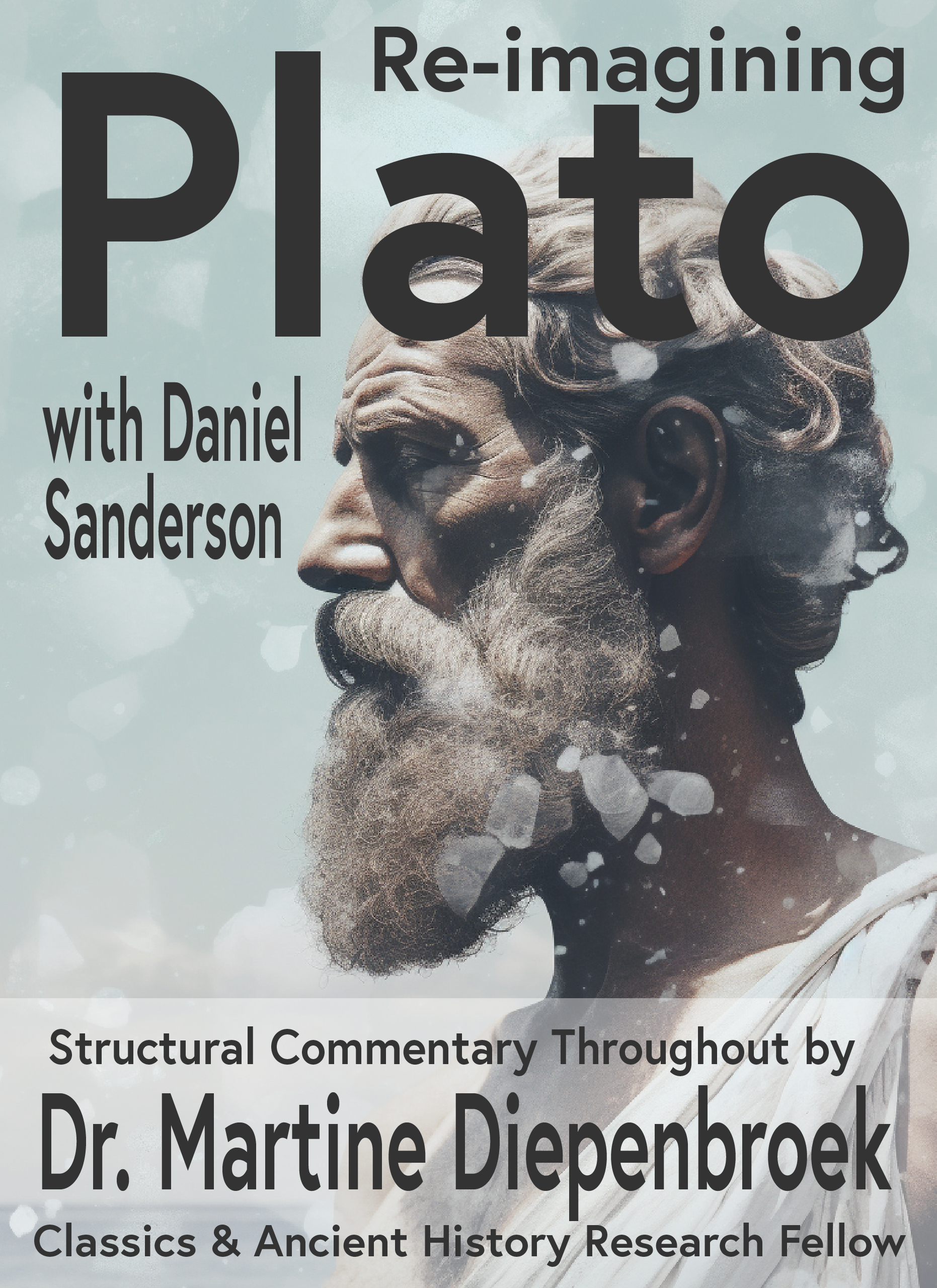The Ethics of Revenge in Shakespeare's Hamlet
In the illustrious play Hamlet by Shakespeare, we are immersed in honest introspection, wherein the intricate tapestry of revenge takes center stage. With his masterful pen, the Bard navigates the treacherous waters of human morality through the troubled psyche of the eponymous Prince. The problem lies in the delicate balance between retribution and justice as Hamlet grapples with the weighty decision of avenging his father's heinous murder.
The moral quandary haunting our protagonist is a testament to Shakespeare's profound understanding of the human condition. Hamlet's tortured soul becomes the battleground for conflicting impulses, encapsulating the inherent complexity of vengeance. While a mere whisper of revenge tantalizes his consciousness, Hamlet's intellect and conscience wage a fierce debate within.

The ghostly apparition of his father, demanding retribution, impels Hamlet toward a path paved with bloodshed. Yet, in the depths of his introspection, he raises poignant questions that transcend the temporal. Is revenge a righteous pursuit, or does it plunge one into a maelstrom of perpetual chaos? Are the scales of justice indeed tipped when one embraces the sword of vengeance?
The tragic hero contemplates the consequences that may accompany his actions. He reflects on the potential futility of revenge, pondering if such an endeavour will truly bring solace to his tormented soul or merely add fuel to the raging fires of turmoil. The complexities of justice and the blurred boundaries between right and wrong torment his psyche, blurring the line between retributive justice and uncontrolled vendetta.

Shakespeare raises a mirror to the human condition through Hamlet's inner monologues, exposing our inherent frailties and the internal struggles that shape our moral compass. The play is a cautionary tale, reminding us of the dangers of succumbing to the seductive allure of revenge without considering the broader implications.

Our take: Hamlet transcends the boundaries of time and remains an enduring masterpiece of contemplation and introspection. As we delve into the ethics of revenge, we are reminded of the complexities of navigating justice's murky waters. The Bard's exploration of these themes challenges us to examine our moral compasses and consider the consequences of our actions. In doing so, he presents a profound opportunity for self-reflection and growth, urging us to strive for a higher good that encompasses compassion, wisdom, and the pursuit of true justice.

Plato Re-Imagined
This course includes 32 lectures covering most of Plato's dialogues and allowing the student to return to something divine. Divinity should resonate with secular and religious leaders alike. I present a compatible approach in my lecture on Consilience.
Also included with this course is a free book. If you pay for the course, you will get a physical copy of the book for free, mailed to your chosen address — anywhere on the planet!






